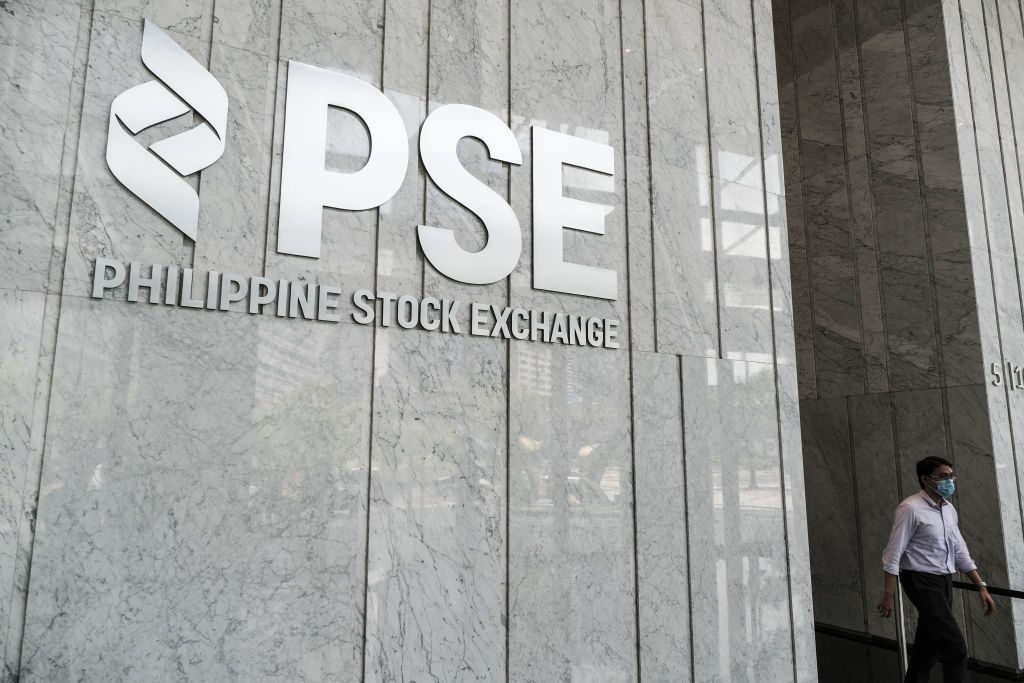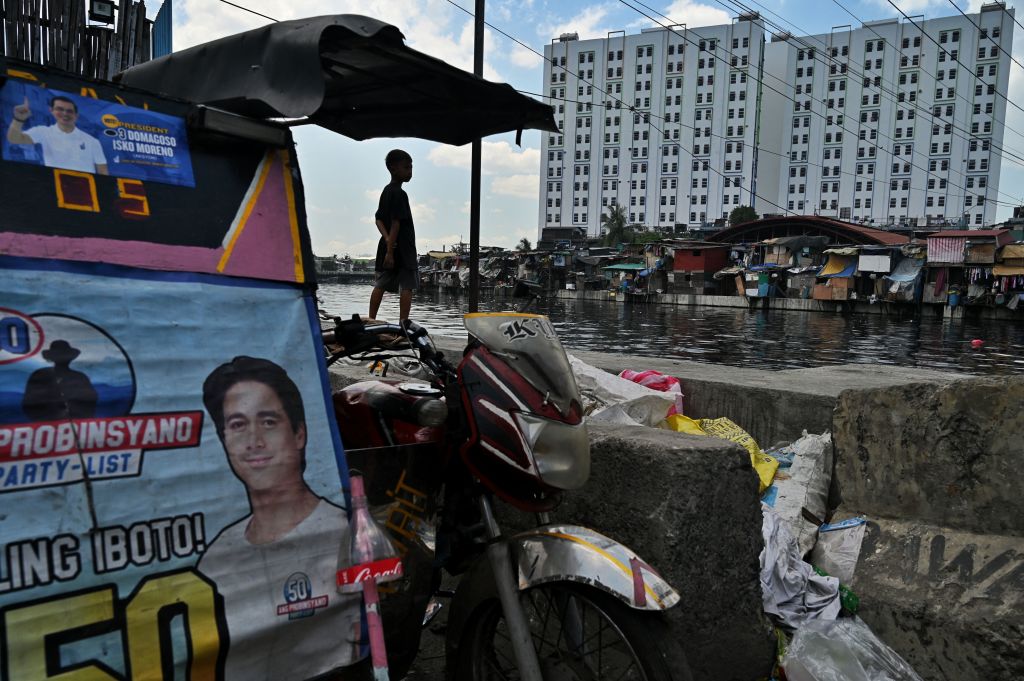
Ferdinand “Bongbong” Marcos Jr. is poised to become the Philippines’ next president after taking a massive lead in the May 9 election. Voters, many too young remember, were partly seduced by the 64-year-old’s misleading presentation of his late father’s dictatorial rule as a halcyon economic age to be revived.
In truth, the elder Marcos, a brutal kleptocrat who killed thousands of political opponents and bled state coffers, was a disaster for the Philippine economy. Before his ouster in a 1986 uprising, the dictator used foreign loans to fund an infrastructure binge—building, among other things, a nuclear power plant that was never used. The country’s external debt ballooned from $599 million at the start of his rule in 1965, to $28.3 billion, or some 80% of the country’s GDP, when he fled into exile. Much of the money went in kickbacks to cronies and Marcos Sr. may have stolen up to $10 billion of the country’s funds. The proportion of the population living below the poverty line grew from 42% before the dictatorship to 59% after.
The younger Marcos has also promised showy projects and pledged to continue, if not beef up, the “Build Build Build” infrastructural program of outgoing president Rodrigo Duterte, meant to usher in the Philippines’ “golden age of infrastructure.” The Marcos camp says it has blueprints for the revival of the agricultural and transportation sectors, as well as plans for SMEs. But Marcos Jr. faces undeniable economic obstacles if he is indeed confirmed the election winner and takes office on June 30.
Read More: Why the World Should Be Concerned by the Marcos Victory
The Philippine economy grew by 8.3% in the first quarter of this year‚ more than the median 6.8% predicted in a Bloomberg survey, which gives him time to get his feet under the desk. However, growth could be undermined if rising inflation curtails consumer spending. The war in Ukraine and COVID-19 lockdowns in China also pose ongoing threats to global markets.
“The economic managers are going to be critical in the next several years because of the pandemic and the economic crisis, so that is something that we’re looking at very carefully,” Marcos told reporters on May 11. In line with his central campaign message of “unity,” he has offered to work with technocrats from across the political aisle.
Markets have certainly made no secret of their preference for Marcos’ main rival, incumbent vice president Leni Robredo—a economics graduate and lawyer with experience in poverty alleviation, rural development, and housing. Some $9.3 billion was wiped off the Philippine bourse the day after the vote went against her and analysts do not expect a rally until Marcos unveils more detailed plans.

The Marcos legacy
With its choice location on the edge of the South China Sea, the Philippines has been wooed by both the U.S. and China. Its sea ports and young population (nearly 30% of its 110 million people are between 10 and 24 years old) make it a desirable partner—especially if it could start to fulfill its economic potential. Whether that will be possible under Marcos remains to be seen. In a report released before the election, investment bank JP Morgan expressed misgivings over Marcos’ “lack of an articulated substantive economic platform” and flimsy record in government.
Concern has also been expressed over his proposal to revive some of his father’s economic initiatives, such as an oil price stabilization fund that the state eventually had to subsidize.
“Marcos tends to bring up many of the programs of his father in the hope of stealing people’s emotions and trying to evoke some false nostalgia about his father’s legacy,” says J.C. Punongbayan, assistant professor of economics at the University of the Philippines in Quezon City. A 2021 study coauthored by Punongbayan found that it took 23 years for the country’s per capita GDP to recover from the doldrums of the dictatorship’s final years.
Read More: A Short History of the Rise, Fall and Rise of the Marcos Family
There are fears too that cronyism will make a comeback. Political allies of the elder Marcos were given top positions in government and other perks, such as loans guaranteed by the government. After his ouster, many of the companies owned by such individuals were unable to service their debts, went bankrupt, and were taken over by the state.
“If the second Marcos administration will reassemble this kind of coalition, then it might mean that the Philippine economy will suffer,” says political science lecturer Cleve Arguelles at De La Salle University in Manila.
In the meantime, uncertainty prevails. Marcos Jr., says Punongbayan, “has failed to really outline a comprehensive and a well researched plan when it comes to the economy.”
More Must-Reads from TIME
- Cybersecurity Experts Are Sounding the Alarm on DOGE
- Meet the 2025 Women of the Year
- The Harsh Truth About Disability Inclusion
- Why Do More Young Adults Have Cancer?
- Colman Domingo Leads With Radical Love
- How to Get Better at Doing Things Alone
- Michelle Zauner Stares Down the Darkness
Contact us at letters@time.com